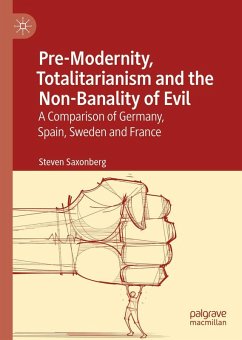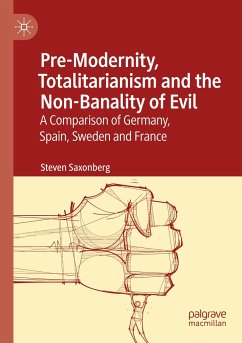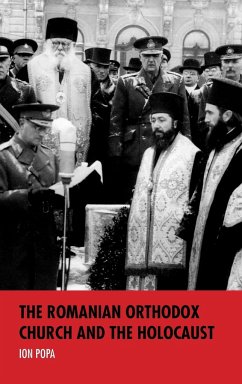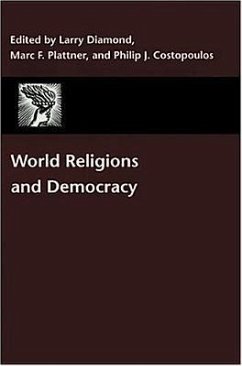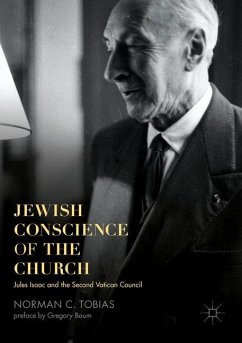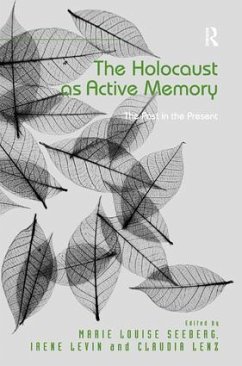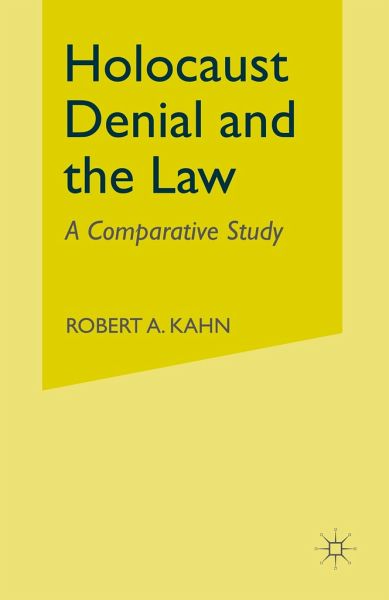
Holocaust Denial and the Law
A Comparative Study

PAYBACK Punkte
19 °P sammeln!
From 1978-1996 Holocaust denial emerged as a major concern for the liberal democracies of Europe and North America. This period also saw the first prosecutions of Holocaust deniers. But these prosecutions often ran into trouble. Holocaust Denial and the Law relates how courts in four countries (Canada, France, Germany and the United States) resolved the dilemmas posed by Holocaust-denial litigation. It also describes how, in the United States, student editors had to decide whether to run ads denying the Holocaust. The book concludes that a given country's resolution of these dilemmas turns on ...
From 1978-1996 Holocaust denial emerged as a major concern for the liberal democracies of Europe and North America. This period also saw the first prosecutions of Holocaust deniers. But these prosecutions often ran into trouble. Holocaust Denial and the Law relates how courts in four countries (Canada, France, Germany and the United States) resolved the dilemmas posed by Holocaust-denial litigation. It also describes how, in the United States, student editors had to decide whether to run ads denying the Holocaust. The book concludes that a given country's resolution of these dilemmas turns on its specific legal traditions and historical experiences.





